Basic Information
New York University
New York University is a private research university in New York City. Chartered in 1831 by the New York State Legislature, NYU was founded by a group of New Yorkers led by then-Secretary of the Treasury Albert Gallatin.
Quick View
1831
Founded
51848
Students
500K
Alumni
25
School
94
Majors
Private
Type
$58168
Avg.Total Fee
$77632
Annual Cast
12
Campus
9835
Academics
EN
Languages
NYU
Acronym
Yas
Distance Learning
Yes
Online Courses
21%
Acceptance Rate
Yes
Transfer
Explore New York University
About
Since its founding in 1831, NYU has been an innovator in higher education, reaching out to an emerging middle class, embracing an urban identity and professional focus, and promoting a global vision that informs its 19 schools and colleges.
Today, that trailblazing spirit makes NYU one of the most prominent and respected research universities in the world, featuring top-ranked academic programs and accepting fewer than one in eight undergraduates. Anchored in New York City and with degree-granting campuses in Abu Dhabi and Shanghai as well as 11 study away sites throughout the world, NYU is a leader in global education, with more international students and more students studying abroad than any other US university.
NYU students come from nearly every state and 133 countries, and the university draws upon the diverse backgrounds of our faculty, staff, and students, ensuring its scholarship and teaching benefit from a wide range of perspectives. NYU takes seriously its role as an engine of social mobility, and stands out among the top US universities in its representation of low-income and first-generation students within its community.
Now among the largest private universities in the US, NYU provides a rigorous, demanding
education to more than 65,000 students and undertakes $1 billion in research annually. It counts
among its faculty recipients of the highest scholarly honors and is a top producer of patents
and revenue from licensing among US universities. NYU has a vast network of alumni who have gone
on to succeed across professions, from the sciences to the arts and government, throughout the
world.
Latest Stories & News

Roe v. Wade Is Gone—What Now?
The Supreme Court’s June 24 decision in Dobbs v. Jackson Women’s Health marked the end of a woman’s constitutional right to an abortion. A 5-4 vote overturned the landmark 1973 Roe v. Wade decision, leaving the legality of abortion to be determined by individual states.

Statement by NYU Spokesperson John Beckman
The University was shocked to learn of the attack on Salman Rushdie, a Distinguished Writer in Residence in our Carter Journalism Institute, and is deeply concerned for his health.

Nursing Home Staffing is Worse in Disadvantaged Communities
Nursing homes located in disadvantaged neighborhoods are staffed for fewer hours by clinical workers, such as registered nurses and physical therapists, compared with nursing homes in more well-off areas—a disparity that could compromise the safety of residents, according to new research published.

Rehabilitating Your Brain with the Press of an App
Car accidents, falls, and sports-related collisions are among the many causes of traumatic brain injuries (TBI)—sudden impact that damages the brain. Such injuries can affect cognitive functioning including information processing, working memory, and attention span. This reduced brain activity adversely affects the quality of life for people with TBI who can face challenges in workplace and social settings.

What Americans Still Want From Government Reform–A Midsummer Update
In a morning webinar on Wednesday, July 20, New York University professor Paul C. Light will release research showing that public trust in government is at “historic lows.”

Gender Bias in Search Algorithms Has Effect on Users, New Study Finds
Gender-neutral internet searches yield results that nonetheless produce male-dominated output--results have an effect on users by promoting gender bias and potentially influencing hiring decisions.

Whole Exome Sequencing Predicts Whether Patients Respond to Cancer Immunotherapy
A two-step approach with sequencing of 20,000 genes improves prediction of who benefits from immune checkpoint inhibitors
Accrediting Agencies
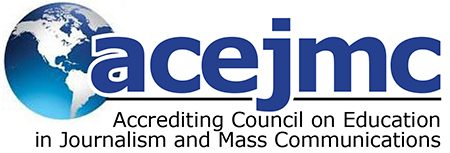
Accrediting Council on Education in Journalism & Mass Communication
The ACEJMC is the agency responsible for the evaluation of professional journalism and mass communications programs in colleges and universities. There are 119 schools accredited by ACEJMC.

American Chemical Society
The ACS Approval Program promotes excellence in chemistry education for undergraduate students through approval of baccalaureate chemistry programs.

American Dental Association/Commission on Dental Accreditation
The Commission on Dental Accreditation serves the public and profession by developing and implementing accreditation standards that promote and monitor the continuous quality and improvement of dental education programs.

The National Association of School of Art and Design (NASAD)
The NASAD is an organization of schools, conservatories, colleges, and universities with approximately 349 accredited institutional members. It establishes national standards for undergraduate and graduate degrees and other credentials for art and design and art/design-related disciplines, and provides assistance to institutions and individuals engaged in artistic, scholarly, educational, and other art/design-related endeavors.
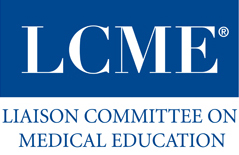
American Medical Association - Liaison Committee on Medical Education
LCME accreditation is a voluntary, peer-reviewed process of quality assurance that determines whether the medical education program meets established standards. This process also fosters institutional and programmatic improvement.

Accreditation Board for Engineering and Technology
ABET accreditation provides assurance that a college or university program meets the quality standards of the profession for which that program prepares graduates.
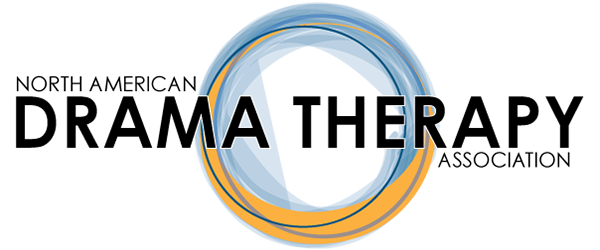
north american drama therapy association accreditation
The North American Drama Therapy Association (NADTA) is a non-profit 501c6 organization incorporated in 1979 to establish and uphold high standards of professional competence and ethics among drama therapists; to develop criteria for training and registration; to sponsor publications and conferences; and to promote the profession of drama therapy through information and advocacy. The Association serves professionals and students in the United States and Canada, and the organization includes members throughout the world.
Programs & Tuition Fee
Anthropology
Anthropology majors typically take a biological anthropology class, which delves into human evolution and modern human behavioral biology. They also may study linguistic anthropology, which examines human languages and how they formed, and social-cultural anthropology, which takes a look at how culture affects humans.
Applied Physics
Applied physics is the application of the science of physics to helping human beings and solving their problems. It differs from engineering because engineers solve well-defined problems. Applied physicists use physics or conduct physics research to develop new technologies or solve engineering problems.
Neural Science
The undergraduate Neural Science curriculum blends core introductory courses on the function of individual nerve cells and sensory and motor processing with more specialized neural science electives, which allow students to study learning and memory, computational approaches, cognition, development, and brain disorder.
Digital Art and Design
The Digital Art and Design (DART) program prepares students for the engaging field of digital design and gaming. Offering a foundation for a broad understanding of digital media, this major stresses the aesthetics of design and effective technology for an engaging, interactive experience.
Game Design
The NYU Game Center celebrates games as a creative art form. As an academic department at the Tisch School of the Arts, the NYU Game Center offers an undergraduate degree that teaches the art and craft of game creation within a context of advanced critical literacy.
Electrical Engineering
This course introduces numerous subject areas in Electrical and Computer Engineering (power systems, electronics, computer networking, microprocessors, digital logic, embedded systems, communications, feedback control, and signal processing).
Mechanical Engineering
Mechanical engineering builds the physical systems and devices that define modern society — everything from air conditioning to automobiles, robots to power plants, artificial limbs to escalators, and rocket engines to weather satellites.
Mathematics and Computer Science
An interdisciplinary major offered jointly by the Department of Mathematics and Computer Science, providing the opportunity to study both computer science and such relevant mathematics courses as analysis, algebra, probability, and statistics.
Film and New Media
The program prepares students for a lifetime of creative and critical thinking and rigorous analysis of media, as well as a solid foundation for graduate and professional programs in a wide variety of disciplines and fields, as well as careers as filmmakers, scholars, curators, critics, educators, innovators
Sustainable Urban Environments
Sustainable Urban Environments (SUE) combines liberal arts, science, and technology courses to address the technical and social aspects of the sustainability issues facing our cities. The Tandon School of Engineering offers a BS in Sustainable Urban Environments through the Technology, Culture, and Society Department.
Photography and Imaging
The Department of Photography & Imaging is centered on the making and understanding of images. We offer a wide-range of traditional and new media photo-based studio and critical studies courses designed to teach students how to see, think, and take creative risks while finding their own voice.
Art & Art History
The department offers courses in ancient, medieval, Renaissance, baroque, modern, contemporary, East Asian, South Asian, Islamic, Latin American, African, Oceanic, Pre-Columbian, and Native American art, treating not only painting, sculpture, architecture, and photography but also graphic media, manuscript illuminate
Educational Theatre
Educational theatre is a general term that refers broadly to the various educational and pedagogical uses of drama, theatre and performance. There have been many forms of this, from different schools of thought, and various names and a large number of approaches resort under this category of drama and theatre.
Anthropology
Anthropology majors typically take a biological anthropology class, which delves into human evolution and modern human behavioral biology. They also may study linguistic anthropology, which examines human languages and how they formed, and social-cultural anthropology, which takes a look at how culture affects humans.
Applied Physics
Applied physics is the application of the science of physics to helping human beings and solving their problems. It differs from engineering because engineers solve well-defined problems. Applied physicists use physics or conduct physics research to develop new technologies or solve engineering problems.
Neural Science
The undergraduate Neural Science curriculum blends core introductory courses on the function of individual nerve cells and sensory and motor processing with more specialized neural science electives, which allow students to study learning and memory, computational approaches, cognition, development, and brain disorder.
Digital Art and Design
The Digital Art and Design (DART) program prepares students for the engaging field of digital design and gaming. Offering a foundation for a broad understanding of digital media, this major stresses the aesthetics of design and effective technology for an engaging, interactive experience.
Game Design
The NYU Game Center celebrates games as a creative art form. As an academic department at the Tisch School of the Arts, the NYU Game Center offers an undergraduate degree that teaches the art and craft of game creation within a context of advanced critical literacy.
Electrical Engineering
This course introduces numerous subject areas in Electrical and Computer Engineering (power systems, electronics, computer networking, microprocessors, digital logic, embedded systems, communications, feedback control, and signal processing).
Mechanical Engineering
Mechanical engineering builds the physical systems and devices that define modern society — everything from air conditioning to automobiles, robots to power plants, artificial limbs to escalators, and rocket engines to weather satellites.
Mathematics and Computer Science
An interdisciplinary major offered jointly by the Department of Mathematics and Computer Science, providing the opportunity to study both computer science and such relevant mathematics courses as analysis, algebra, probability, and statistics.
Film and New Media
The program prepares students for a lifetime of creative and critical thinking and rigorous analysis of media, as well as a solid foundation for graduate and professional programs in a wide variety of disciplines and fields, as well as careers as filmmakers, scholars, curators, critics, educators, innovators
Sustainable Urban Environments
Sustainable Urban Environments (SUE) combines liberal arts, science, and technology courses to address the technical and social aspects of the sustainability issues facing our cities. The Tandon School of Engineering offers a BS in Sustainable Urban Environments through the Technology, Culture, and Society Department.
Photography and Imaging
The Department of Photography & Imaging is centered on the making and understanding of images. We offer a wide-range of traditional and new media photo-based studio and critical studies courses designed to teach students how to see, think, and take creative risks while finding their own voice.
Art & Art History
The department offers courses in ancient, medieval, Renaissance, baroque, modern, contemporary, East Asian, South Asian, Islamic, Latin American, African, Oceanic, Pre-Columbian, and Native American art, treating not only painting, sculpture, architecture, and photography but also graphic media, manuscript illuminate
Educational Theatre
Educational theatre is a general term that refers broadly to the various educational and pedagogical uses of drama, theatre and performance. There have been many forms of this, from different schools of thought, and various names and a large number of approaches resort under this category of drama and theatre.
Anthropology
Anthropology majors typically take a biological anthropology class, which delves into human evolution and modern human behavioral biology. They also may study linguistic anthropology, which examines human languages and how they formed, and social-cultural anthropology, which takes a look at how culture affects humans.
Applied Physics
Applied physics is the application of the science of physics to helping human beings and solving their problems. It differs from engineering because engineers solve well-defined problems. Applied physicists use physics or conduct physics research to develop new technologies or solve engineering problems.
Neural Science
The undergraduate Neural Science curriculum blends core introductory courses on the function of individual nerve cells and sensory and motor processing with more specialized neural science electives, which allow students to study learning and memory, computational approaches, cognition, development, and brain disorder.
Digital Art and Design
The Digital Art and Design (DART) program prepares students for the engaging field of digital design and gaming. Offering a foundation for a broad understanding of digital media, this major stresses the aesthetics of design and effective technology for an engaging, interactive experience.
Game Design
The NYU Game Center celebrates games as a creative art form. As an academic department at the Tisch School of the Arts, the NYU Game Center offers an undergraduate degree that teaches the art and craft of game creation within a context of advanced critical literacy.
Electrical Engineering
This course introduces numerous subject areas in Electrical and Computer Engineering (power systems, electronics, computer networking, microprocessors, digital logic, embedded systems, communications, feedback control, and signal processing).
Mechanical Engineering
Mechanical engineering builds the physical systems and devices that define modern society — everything from air conditioning to automobiles, robots to power plants, artificial limbs to escalators, and rocket engines to weather satellites.
Mathematics and Computer Science
An interdisciplinary major offered jointly by the Department of Mathematics and Computer Science, providing the opportunity to study both computer science and such relevant mathematics courses as analysis, algebra, probability, and statistics.
Film and New Media
The program prepares students for a lifetime of creative and critical thinking and rigorous analysis of media, as well as a solid foundation for graduate and professional programs in a wide variety of disciplines and fields, as well as careers as filmmakers, scholars, curators, critics, educators, innovators
Sustainable Urban Environments
Sustainable Urban Environments (SUE) combines liberal arts, science, and technology courses to address the technical and social aspects of the sustainability issues facing our cities. The Tandon School of Engineering offers a BS in Sustainable Urban Environments through the Technology, Culture, and Society Department.
Photography and Imaging
The Department of Photography & Imaging is centered on the making and understanding of images. We offer a wide-range of traditional and new media photo-based studio and critical studies courses designed to teach students how to see, think, and take creative risks while finding their own voice.
Art & Art History
The department offers courses in ancient, medieval, Renaissance, baroque, modern, contemporary, East Asian, South Asian, Islamic, Latin American, African, Oceanic, Pre-Columbian, and Native American art, treating not only painting, sculpture, architecture, and photography but also graphic media, manuscript illuminate
Educational Theatre
Educational theatre is a general term that refers broadly to the various educational and pedagogical uses of drama, theatre and performance. There have been many forms of this, from different schools of thought, and various names and a large number of approaches resort under this category of drama and theatre.
Anthropology
Anthropology majors typically take a biological anthropology class, which delves into human evolution and modern human behavioral biology. They also may study linguistic anthropology, which examines human languages and how they formed, and social-cultural anthropology, which takes a look at how culture affects humans.
Applied Physics
Applied physics is the application of the science of physics to helping human beings and solving their problems. It differs from engineering because engineers solve well-defined problems. Applied physicists use physics or conduct physics research to develop new technologies or solve engineering problems.
Neural Science
The undergraduate Neural Science curriculum blends core introductory courses on the function of individual nerve cells and sensory and motor processing with more specialized neural science electives, which allow students to study learning and memory, computational approaches, cognition, development, and brain disorder.
Digital Art and Design
The Digital Art and Design (DART) program prepares students for the engaging field of digital design and gaming. Offering a foundation for a broad understanding of digital media, this major stresses the aesthetics of design and effective technology for an engaging, interactive experience.
Game Design
The NYU Game Center celebrates games as a creative art form. As an academic department at the Tisch School of the Arts, the NYU Game Center offers an undergraduate degree that teaches the art and craft of game creation within a context of advanced critical literacy.
Electrical Engineering
This course introduces numerous subject areas in Electrical and Computer Engineering (power systems, electronics, computer networking, microprocessors, digital logic, embedded systems, communications, feedback control, and signal processing).
Mechanical Engineering
Mechanical engineering builds the physical systems and devices that define modern society — everything from air conditioning to automobiles, robots to power plants, artificial limbs to escalators, and rocket engines to weather satellites.
Mathematics and Computer Science
An interdisciplinary major offered jointly by the Department of Mathematics and Computer Science, providing the opportunity to study both computer science and such relevant mathematics courses as analysis, algebra, probability, and statistics.
Film and New Media
The program prepares students for a lifetime of creative and critical thinking and rigorous analysis of media, as well as a solid foundation for graduate and professional programs in a wide variety of disciplines and fields, as well as careers as filmmakers, scholars, curators, critics, educators, innovators
Sustainable Urban Environments
Sustainable Urban Environments (SUE) combines liberal arts, science, and technology courses to address the technical and social aspects of the sustainability issues facing our cities. The Tandon School of Engineering offers a BS in Sustainable Urban Environments through the Technology, Culture, and Society Department.
Photography and Imaging
The Department of Photography & Imaging is centered on the making and understanding of images. We offer a wide-range of traditional and new media photo-based studio and critical studies courses designed to teach students how to see, think, and take creative risks while finding their own voice.
Art & Art History
The department offers courses in ancient, medieval, Renaissance, baroque, modern, contemporary, East Asian, South Asian, Islamic, Latin American, African, Oceanic, Pre-Columbian, and Native American art, treating not only painting, sculpture, architecture, and photography but also graphic media, manuscript illuminate
Educational Theatre
Educational theatre is a general term that refers broadly to the various educational and pedagogical uses of drama, theatre and performance. There have been many forms of this, from different schools of thought, and various names and a large number of approaches resort under this category of drama and theatre.
Anthropology
Anthropology majors typically take a biological anthropology class, which delves into human evolution and modern human behavioral biology. They also may study linguistic anthropology, which examines human languages and how they formed, and social-cultural anthropology, which takes a look at how culture affects humans.
Applied Physics
Applied physics is the application of the science of physics to helping human beings and solving their problems. It differs from engineering because engineers solve well-defined problems. Applied physicists use physics or conduct physics research to develop new technologies or solve engineering problems.
Neural Science
The undergraduate Neural Science curriculum blends core introductory courses on the function of individual nerve cells and sensory and motor processing with more specialized neural science electives, which allow students to study learning and memory, computational approaches, cognition, development, and brain disorder.
Digital Art and Design
The Digital Art and Design (DART) program prepares students for the engaging field of digital design and gaming. Offering a foundation for a broad understanding of digital media, this major stresses the aesthetics of design and effective technology for an engaging, interactive experience.
Game Design
The NYU Game Center celebrates games as a creative art form. As an academic department at the Tisch School of the Arts, the NYU Game Center offers an undergraduate degree that teaches the art and craft of game creation within a context of advanced critical literacy.
Electrical Engineering
This course introduces numerous subject areas in Electrical and Computer Engineering (power systems, electronics, computer networking, microprocessors, digital logic, embedded systems, communications, feedback control, and signal processing).
Mechanical Engineering
Mechanical engineering builds the physical systems and devices that define modern society — everything from air conditioning to automobiles, robots to power plants, artificial limbs to escalators, and rocket engines to weather satellites.
Mathematics and Computer Science
An interdisciplinary major offered jointly by the Department of Mathematics and Computer Science, providing the opportunity to study both computer science and such relevant mathematics courses as analysis, algebra, probability, and statistics.
Film and New Media
The program prepares students for a lifetime of creative and critical thinking and rigorous analysis of media, as well as a solid foundation for graduate and professional programs in a wide variety of disciplines and fields, as well as careers as filmmakers, scholars, curators, critics, educators, innovators
Sustainable Urban Environments
Sustainable Urban Environments (SUE) combines liberal arts, science, and technology courses to address the technical and social aspects of the sustainability issues facing our cities. The Tandon School of Engineering offers a BS in Sustainable Urban Environments through the Technology, Culture, and Society Department.
Photography and Imaging
The Department of Photography & Imaging is centered on the making and understanding of images. We offer a wide-range of traditional and new media photo-based studio and critical studies courses designed to teach students how to see, think, and take creative risks while finding their own voice.
Art & Art History
The department offers courses in ancient, medieval, Renaissance, baroque, modern, contemporary, East Asian, South Asian, Islamic, Latin American, African, Oceanic, Pre-Columbian, and Native American art, treating not only painting, sculpture, architecture, and photography but also graphic media, manuscript illuminate
Educational Theatre
Educational theatre is a general term that refers broadly to the various educational and pedagogical uses of drama, theatre and performance. There have been many forms of this, from different schools of thought, and various names and a large number of approaches resort under this category of drama and theatre.
university facilities
Number of Buildings
171
Acres Land
230
Colleges Buildings
10
Campuses
3
School
15
Library
8
Number of Buildings
171
Acres Land
230
Colleges Buildings
10
Campuses
3
School
15
Library
8
Number of Buildings
171
Acres Land
230
Colleges Buildings
10
Campuses
3
School
15
Library
8
Number of Buildings
171
Acres Land
230
Colleges Buildings
10
Campuses
3
School
15
Library
8
Number of Buildings
171
Acres Land
230
Colleges Buildings
10
Campuses
3
School
15
Library
8
Number of Buildings
171
Acres Land
230
Colleges Buildings
10
Campuses
3
School
15
Library
8
Number of Buildings
171
Acres Land
230
Colleges Buildings
10
Campuses
3
School
15
Library
8
Admission Requirements
There are a number of things to accomplish—and deadlines to be aware of—when applying to graduate or professional school. Understanding sooner rather than later what to do and when to do it can help make the application process less daunting. Below you’ll find some general information and insights to help make your first steps toward applying to an NYU graduate program a bit easier.
First Things First
The first thing to understand when applying to an NYU graduate or professional program is that each graduate school, center, or institute—and their individual departments and programs in many cases—determines its own application requirements. While this page provides a general introduction to applying to NYU, the information here may or may not apply to your specific program. Therefore, it is extremely important for you to speak directly with the admissions counselors at your school and program of interest. When you determine the NYU program that’s right for you, don’t wait to reach out.
Common Application Requirements
There are a handful of items that, in many cases, are common across graduate school applications. It’s worth repeating, however, that you should get in touch with your school and program directly to learn exactly what your application requires. Some more common application items include:
- Letter(s) of Recommendation: Some programs ask for one. Others may ask for up to four. There may also
be specific expectations about who should write these letters, but in general they should come from
individuals who know you well and are able to speak directly to your abilities, accomplishments, and
potential.
- Statement of Purpose/Personal Statement/Personal Essay: This is your chance to tell admissions who
you are, explain your goals (both academic and professional), and share the ways in which the program will
benefit by bringing you in. It’s possible that the program may have a more specific prompt or ask you to
address a specific question or series of questions.
- Transcripts and Degrees: Since you’re taking your academics to the next level, you need to prove that
you’ve successfully completed the previous level(s). The graduate or professional program to which you’re
applying will usually determine the transcripts and degree(s) you’re expected to provide. Applying to a
master’s program commonly requires a bachelor’s degree and transcripts from all undergraduate institutions.
Similarly, applying to a PhD or other doctoral program may require a master’s degree and transcripts from
all graduate institutions.
- English Language Proficiency Exam: If you’re an international applicant, or you completed your
previous degree outside the United States at an institution where English is not the language of
instruction, you may be required to submit scores from an English Language Proficiency Exam (ELPE). There
are a number of ELPEs out there. Make sure you’re taking the right one by contacting your program’s graduate
admissions office.
- Application Fee: Application fees vary by school and program. Get in touch with your program’s graduate admissions office if you have questions.
Additional Application Requirements
Depending on the program you’re interested in, there may be some requirements in addition to—or in place of—the more common ones listed above. You’ll often encounter these additional requirements when applying to programs in the medical, legal, or artistic fields, but they’re not limited to those areas. While your program’s graduate admissions office will be able to tell you exactly what you need to submit with your application, you can learn about a few of them here:
- Entrance Exam(s): While graduate school entrance exams might be considered common by some, exactly which exam you might be required to take can vary across programs. The most common exam is the GRE (Graduate Record Examination), but the GMAT (Graduate Management Admission Test), LSAT (Law School Admission Test), and MCAT (Medical College Admissions Test) are also quite well known.
- Creative Submission(s): Even though portfolio submissions and auditions are common when applying to an arts program, others may also ask you to provide writing samples, musical scores, or video submissions. These requirements give you the chance to display your abilities and show programs firsthand why they should admit you.
- Interviews: You may be asked to sit for an in-person interview with one or more individuals from your
program. Like a job interview, these conversations give you the chance to introduce yourself to the people
you’ll be working with and answer questions about your academic, professional, and personal goals.
- Résumé or CV: You may be expected to submit a résumé or CV that showcases your academic and/or professional experiences, particularly those that are most relevant to your field of study. A résumé or CV is also an opportunity to share your research experience and academic publications, which may be required for certain research-based programs.
Deadlines and Decisions
Application deadlines and admissions decision dates are quite varied across NYU’s graduate and professional schools, centers, and institutes. Application deadlines depend on a number of factors, including the program you’re applying to, when you’re planning to start, and whether you plan to be a full- or part-time student. Additionally, early decision applications have a different deadline than regular decision applications. Talk to your admissions counselor and make sure you understand your program’s application deadlines.
Financial Aid
The Value of an NYU Education
Ninety-six percent of recent NYU graduates are either working or going to graduate school. Their mean average salary is $64,734. That says a lot about the return on the investment of an NYU education.
But facts and figures don’t tell the whole story. NYU students graduate with the experience of living and learning in vibrant, complex cities around the world.
They don’t just attend lectures by luminaries in their fields. They create, perform, and conduct research alongside them.
They forge friendships with peers who seem completely different, but in fact share passions like exploring every detail of an artist, inventor, song, meal, town, or topic.
Funding Options
To pay for their education, most students and families combine funding types such as scholarships, grants, loans, and savings. NYU’s Office of Financial Aid can help you coordinate these various options.
We encourage you — no matter your financial situation — to apply for financial aid as soon as possible. Meeting our deadlines will help you maximize your financial aid options.
The Reality of Funding a Degree
Regardless of your or your family's financial circumstances, paying for an education will require a substantial commitment for at least the next few years. There’s not only tuition to consider, but housing and living expenses, as well.
And if loans become part of your funding plan, your responsibilities will go beyond the time you or your family member is attending school.
As you explore your financial aid options, we’re here to help.
Scholarships
| Scholarship Type | Coverage | International Acceptance Rate | Local Acceptance Rate |
| Merit Aid Scholarships | ~80% |
|
|
| Athletic Scholarships | ~80% |
|
|
| Full-Ride Scholarships | ~100% |
|
|
| Major or Course Scholarships | ~50% |
|
|
| STEM Scholarships | ~60% |
|
|
| Military Scholarships | ~80% |
|
|
| Government Scholarships | ~80% |
|
|
| Community Service Scholarships | ~30% |
|
|
| Needs-based Scholarships | ~30% |
|
|
| Learning Disabilities Scholarships | ~50% |
|
|
| Workplace Scholarships | ~40% |
|
|
| Family Member Scholarships | ~30% |
|
|
| Early Bird Scholarships | ~30% |
|
|
Student Reviews
Over all University rating by Students, and public 4.5 based on 338 reviews
Alumni
| Where they live | |
| 352,447 | United States of America |
| 214,005 | New York Area |
| 18,994 | Francisco Area |
| 13,496 | Washington D.C |
| 9,164 | Boston Area |
| 7,335 | United Kingdom |
| 6,024 | Miami/Fort Lauderdale Area |
| 5,165 | Chicago Area |
| 4,616 | Seattle Area |
| 4,574 | India |
| 4,407 | Brazil |
| 3,811 | France |
| 1,605 | United Arab Emirates |
| Where they work | |
| 6,982 | New York University |
| 1,761 | |
| 1,659 | Amazon |
| 1,308 | JPMorgan Chase & Co. |
| 1,155 | Citi |
| 903 | Morgan Stanley |
| 729 | Goldman Sachs |
| 692 | Meta |
| 690 | Columbia University |
| 660 | Amazon Web Services |
| 656 | Microsoft |
| 300 | |
| 292 | Netflix |
| Where they study | |
| 28,041 | Economics |
| 27,129 | Psychology |
| 22,134 | Business Administration |
| 22,002 | Computer Science |
| 19,685 | Finance |
| 19,663 | Marketing |
| 18,912 | Political Science |
| 18,489 | Computational Science |
| 17,723 | Film/Cinema/Video |
| 17,496 | English Literature |
| 16,276 | Business/Commerce |
| 13,239 | Journalism |
| 12,172 | Mass Communication |



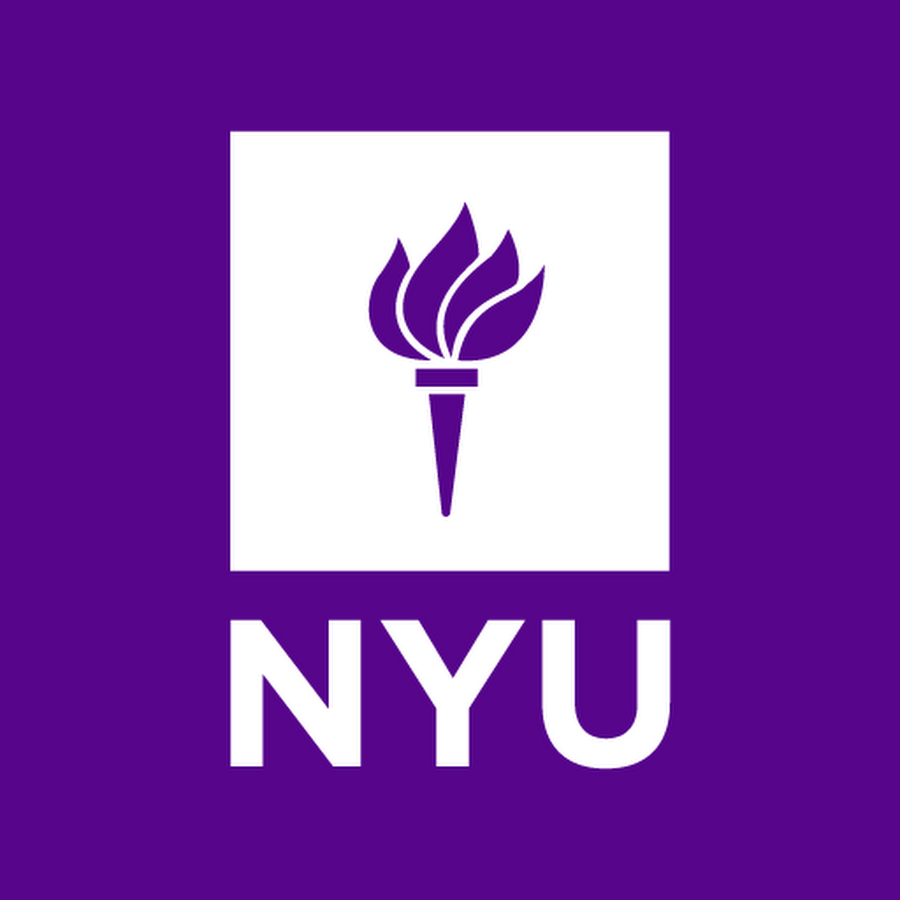



















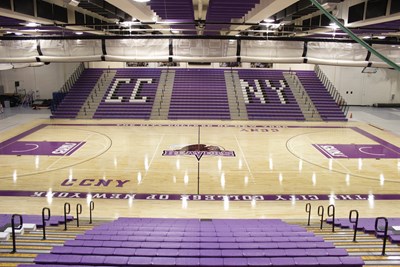
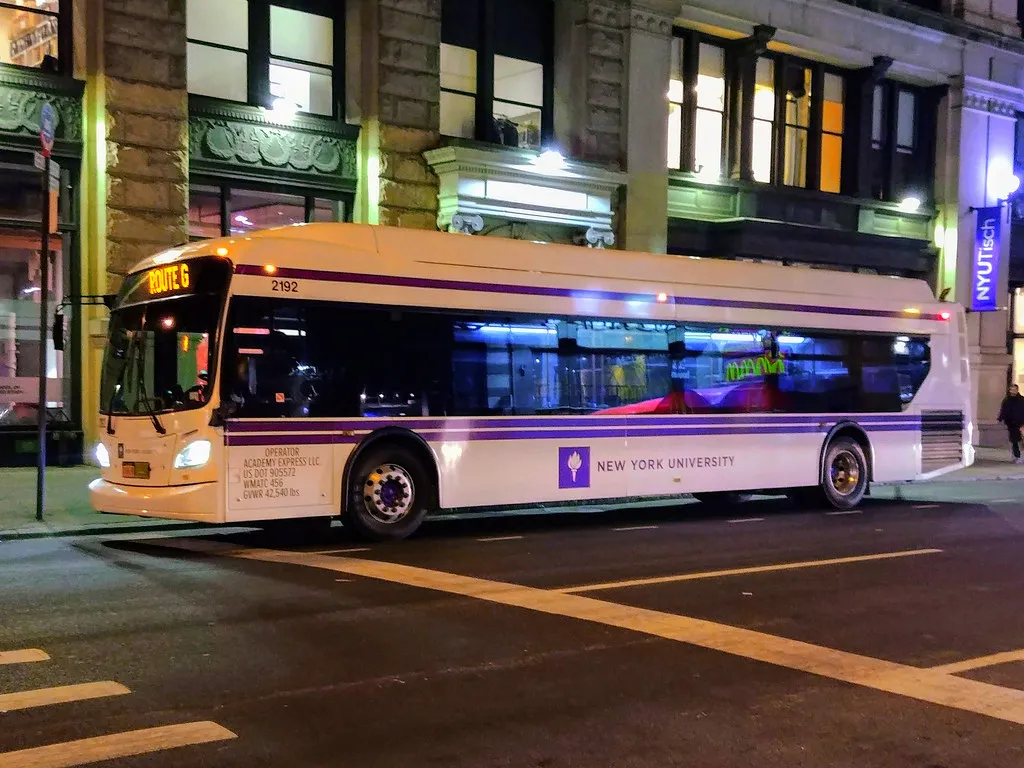
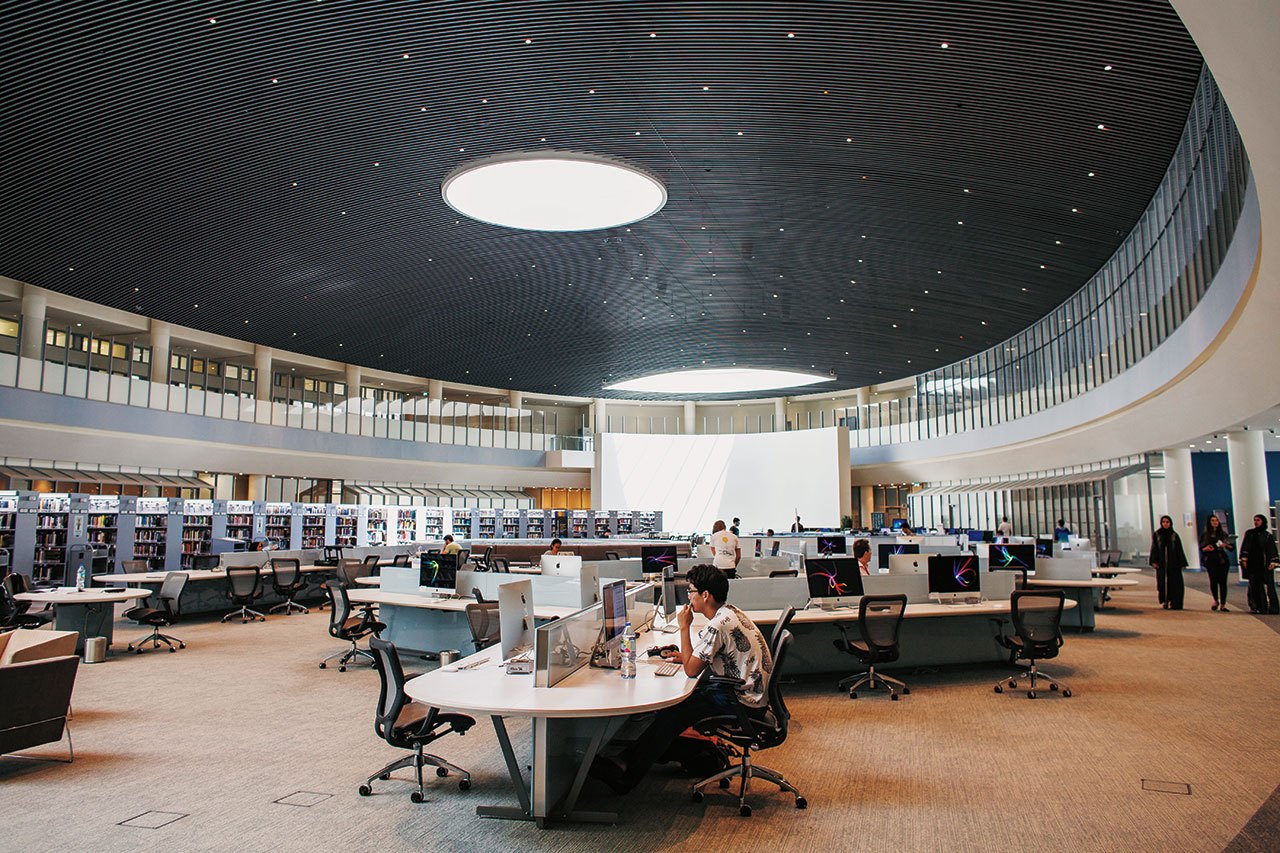




 German
German English
English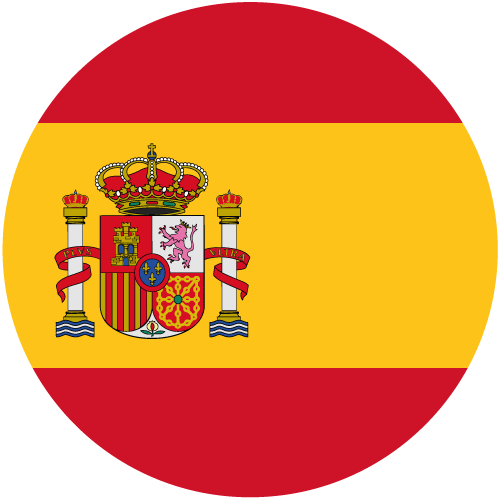 Spanish
Spanish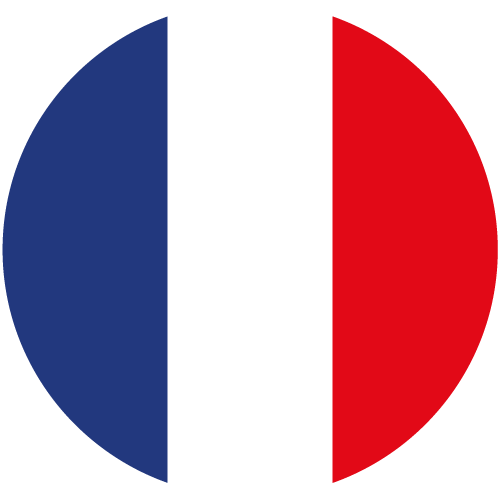 French
French Portuguese
Portuguese Turkish
Turkish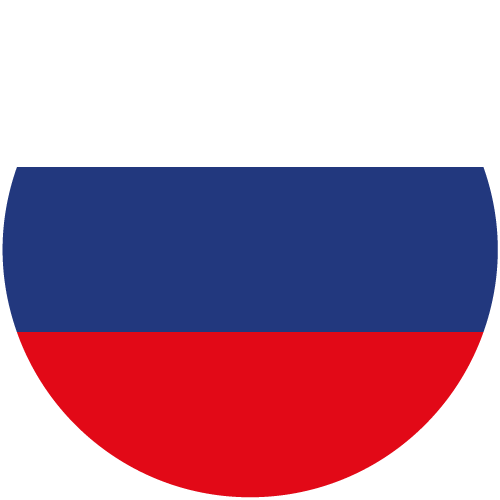 Russian
Russian Arabic
Arabic Hindi
Hindi Chinese
Chinese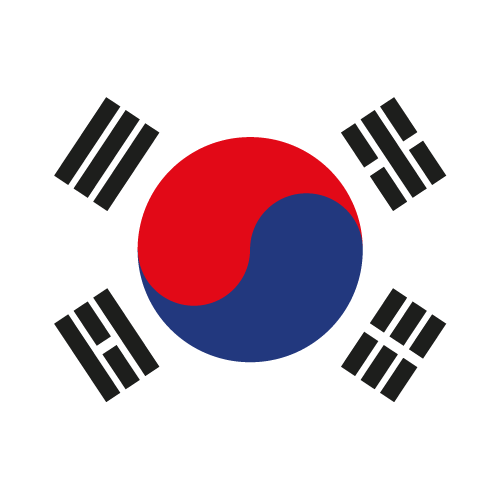 Korean
Korean